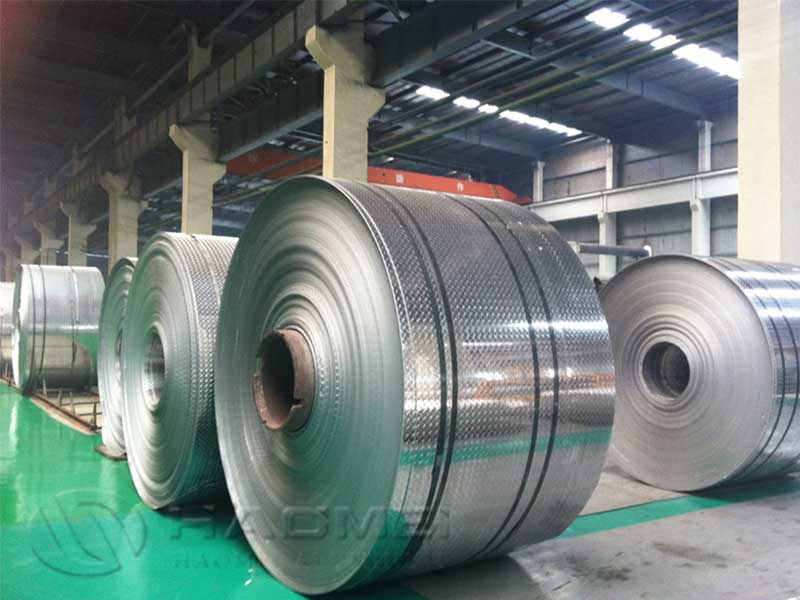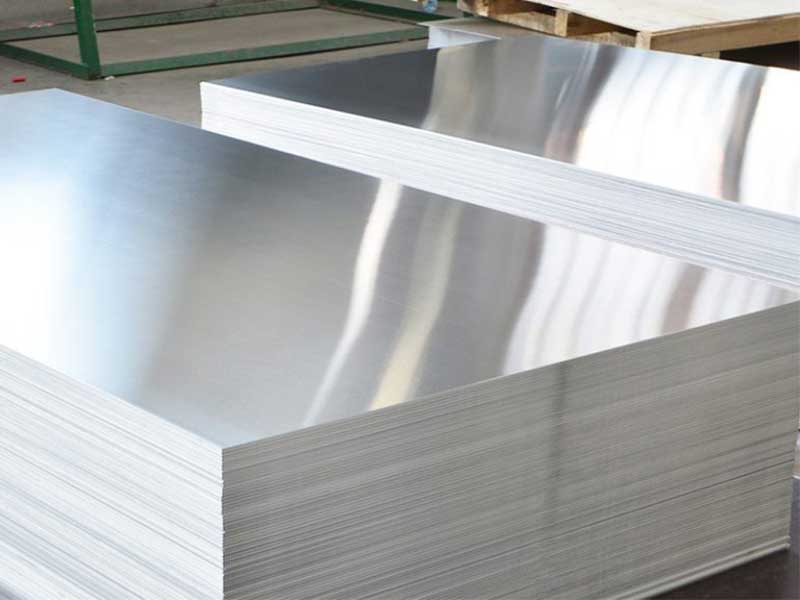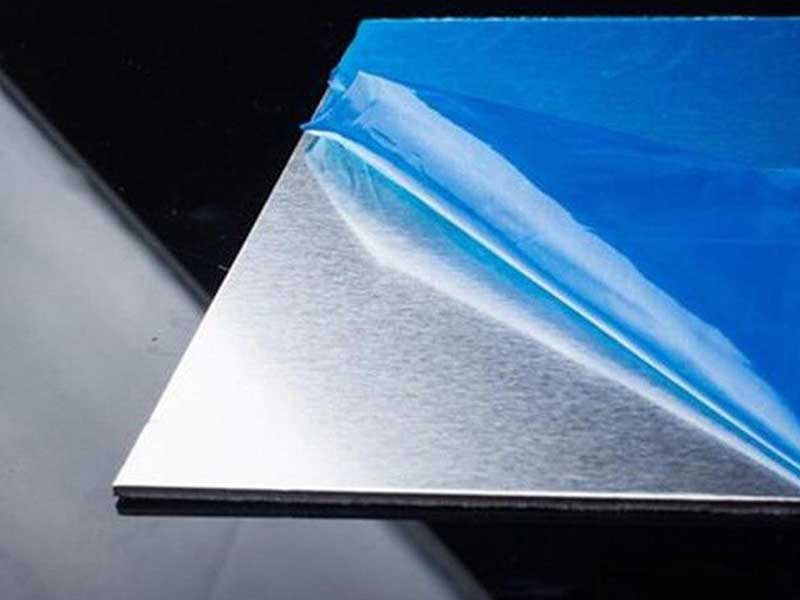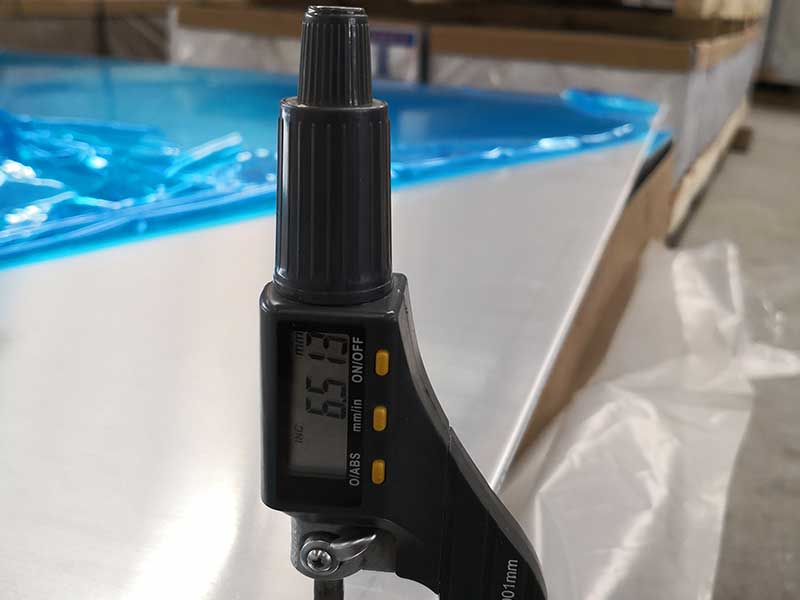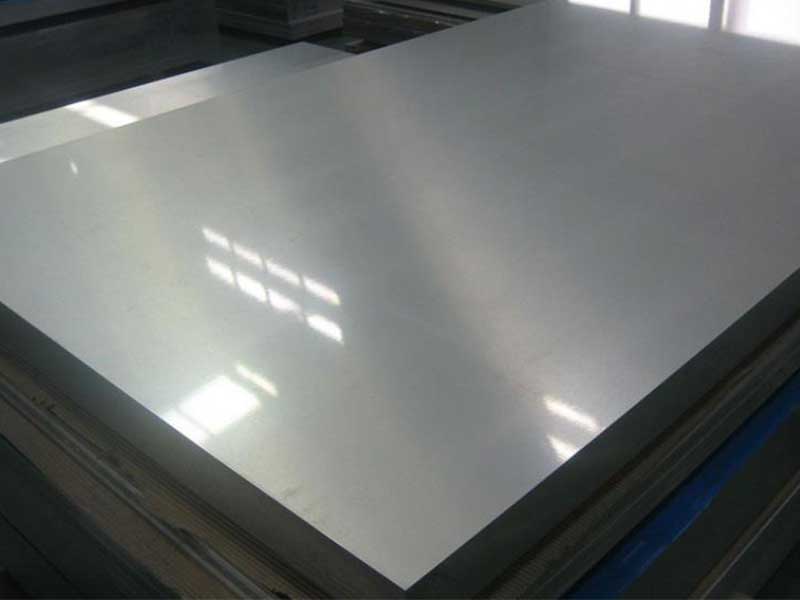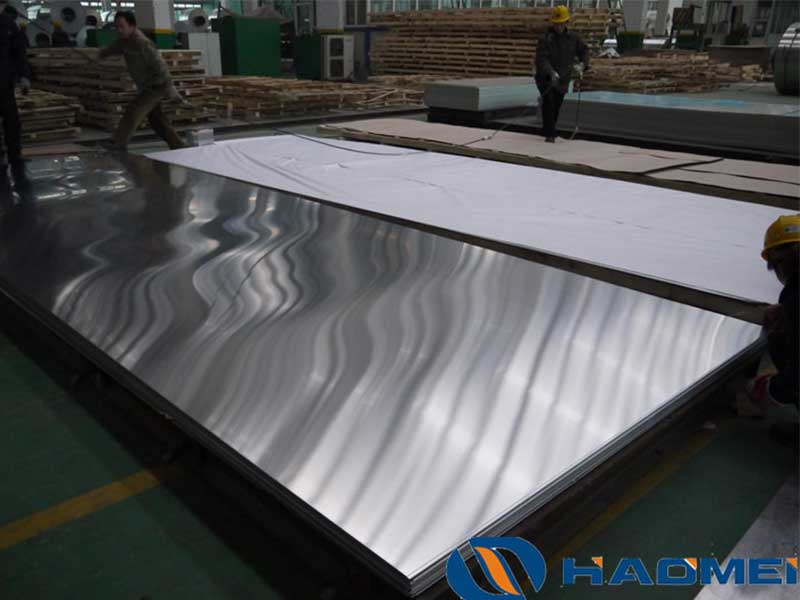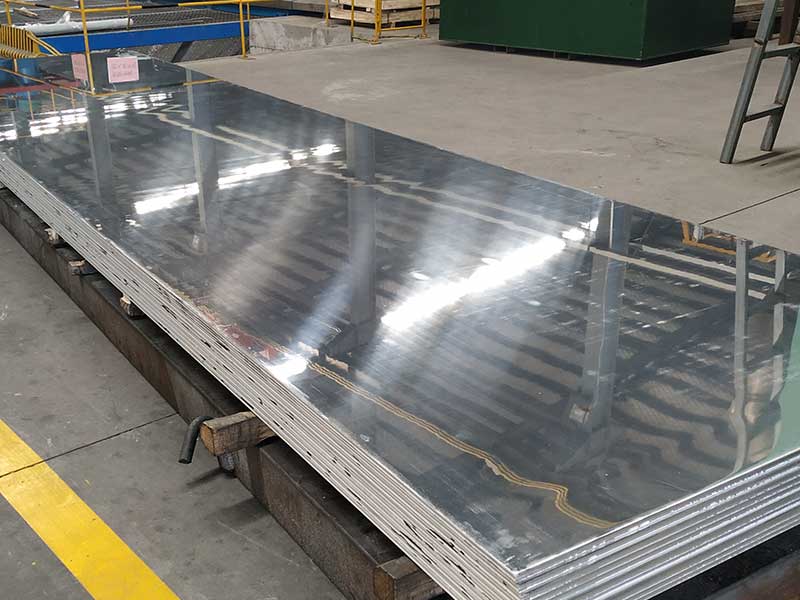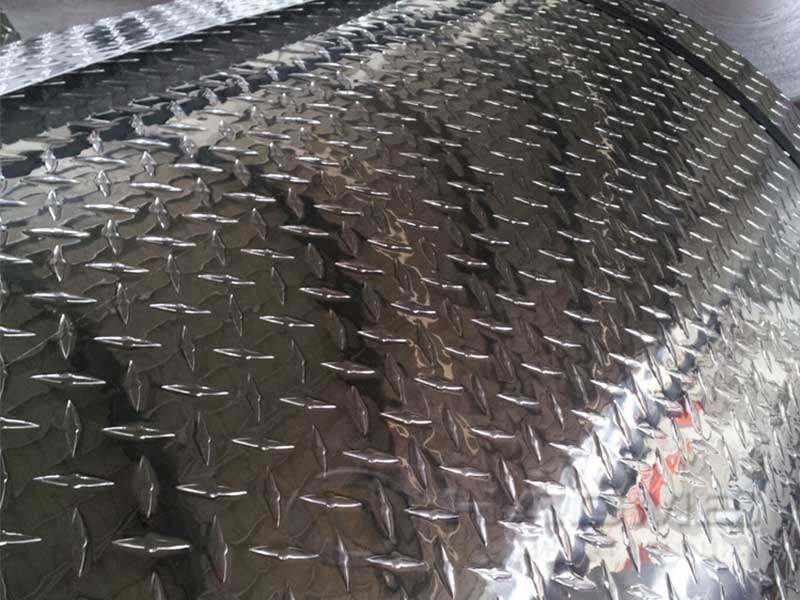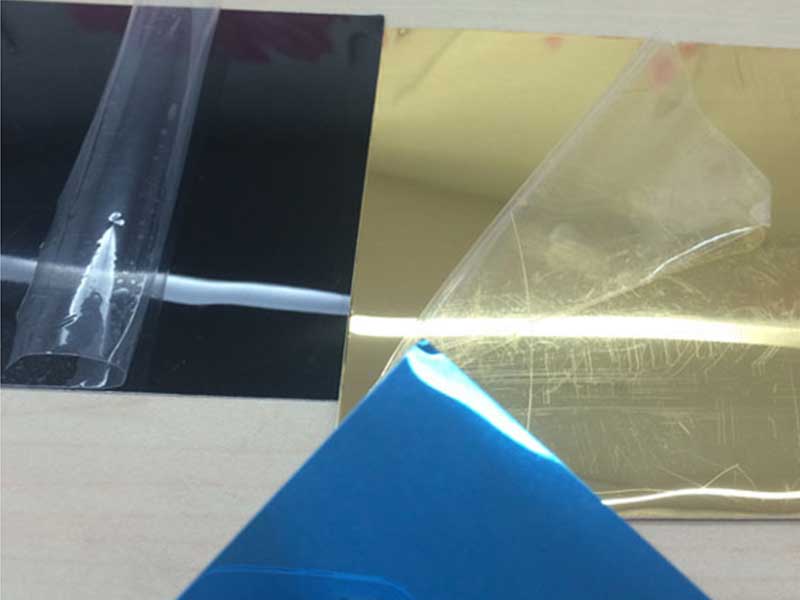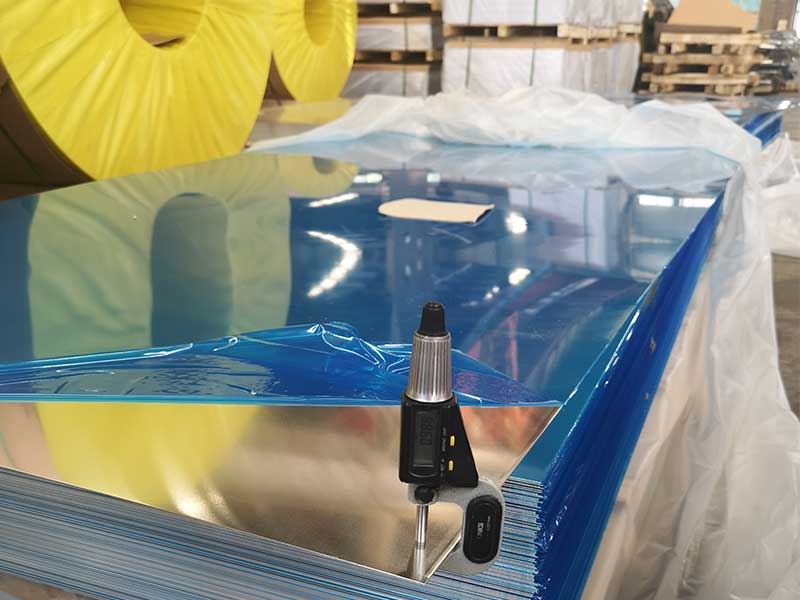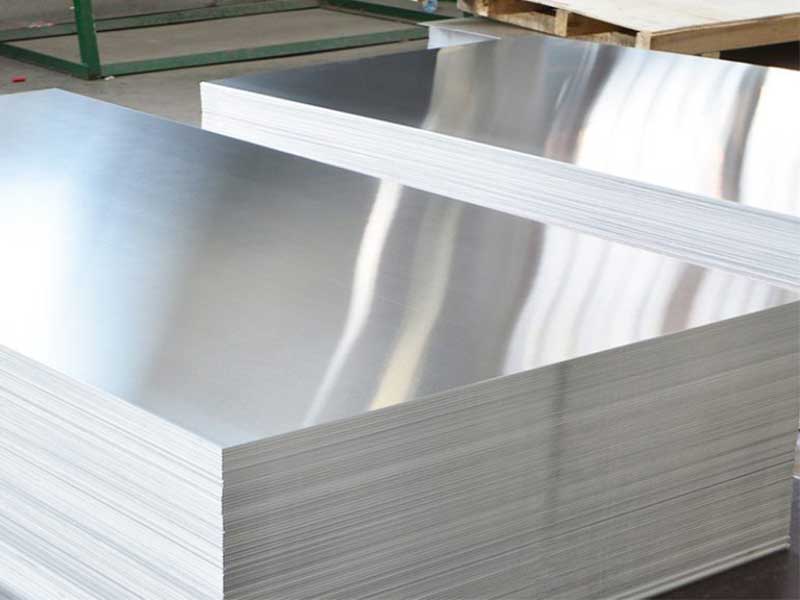2024-11-14 https://www.aluminum-coils.com/a/what-are-the-aluminum-used-in-new-energy-vehicles.html
The Role of Aluminum in New Energy Vehicles: Enhancing Efficiency and Sustainability
As the automotive industry moves toward greener alternatives, new energy vehicles (NEVs) are emerging as viable solutions. To optimize their performance, weight reduction, and energy efficiency, one material has become indispensable: aluminum. This lightweight yet robust metal is taking center stage in the production of NEVs, revolutionizing the automotive landscape.
Types of Aluminum Used in New Energy Vehicles
-
Aluminum Alloys: Aluminum alloys are key components in NEVs. Different alloys such as 5052, 6061, and 7075 exhibit remarkable properties, including enhanced strength, corrosion resistance, and weldability. These characteristics are crucial for structural components like chassis and body panels, providing flexibility and safety without compromising efficiency.
-
Extruded Aluminum Profiles: NEVs utilize extruded aluminum profiles in frames, heat exchange components, and electric motor housings. The ability to shape aluminum with precision allows manufacturers to design lightweight structures that mitigate energy consumption while maintaining strength and rigidity. This is especially important for battery enclosures that require robust protection against external impacts.
-
Sheet Aluminum: Aluminum sheets play a vital role in the surface body panels of NEVs. Lightweight and easily formable sheets offer aerodynamic benefits that help reduce drag resistance. This improvement in aerodynamics contributes to better overall energy efficiency, leading to longer driving ranges – a top priority in the realm of electric vehicles.
-
Aluminum in Battery Packs: As electric vehicles (EVs) gain momentum, the role of aluminum within battery packs must not be overlooked. Aluminum is often used in heat sinks and casings, helping to manage thermal performance and extend battery life. Its lightweight nature allows for greater energy density, making aluminum an appealing choice in the race for the most efficient battery technology.
Benefits of Using Aluminum in New Energy Vehicles
-
Weight Reduction: One of the most significant advantages of aluminum is its lightweight property. By incorporating aluminum into NEV designs, manufacturers can reduce overall vehicle weight by up to 30%. This reduction leads to improved acceleration, extended driving ranges, and enhanced overall performance.
-
Corrosion Resistance: Aluminum’s natural oxidation layer provides excellent corrosion resistance, increasing the lifespan of automotive components. Reduced wear and tear result in lower maintenance costs for NEV owners, making aluminum an excellent long-term investment.
-
Sustainability: The production of aluminum has become more sustainable in recent years, with a growing focus on recycling. Recycling aluminum requires only 5% of the energy compared to producing new aluminum, contributing to a greener, more eco-friendly automotive industry. As a highly recyclable material, aluminum supports environmental goals and aligns perfectly with the purpose of NEVs.
-
Enhanced Safety: The strength-to-weight ratio of aluminum makes it ideal for crash-resistant designs and structures in NEVs. Utilizing aluminum in critical components ensures that new energy vehicles meet safety standards while benefiting from weight-efficient engineering.

